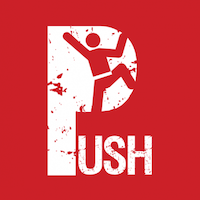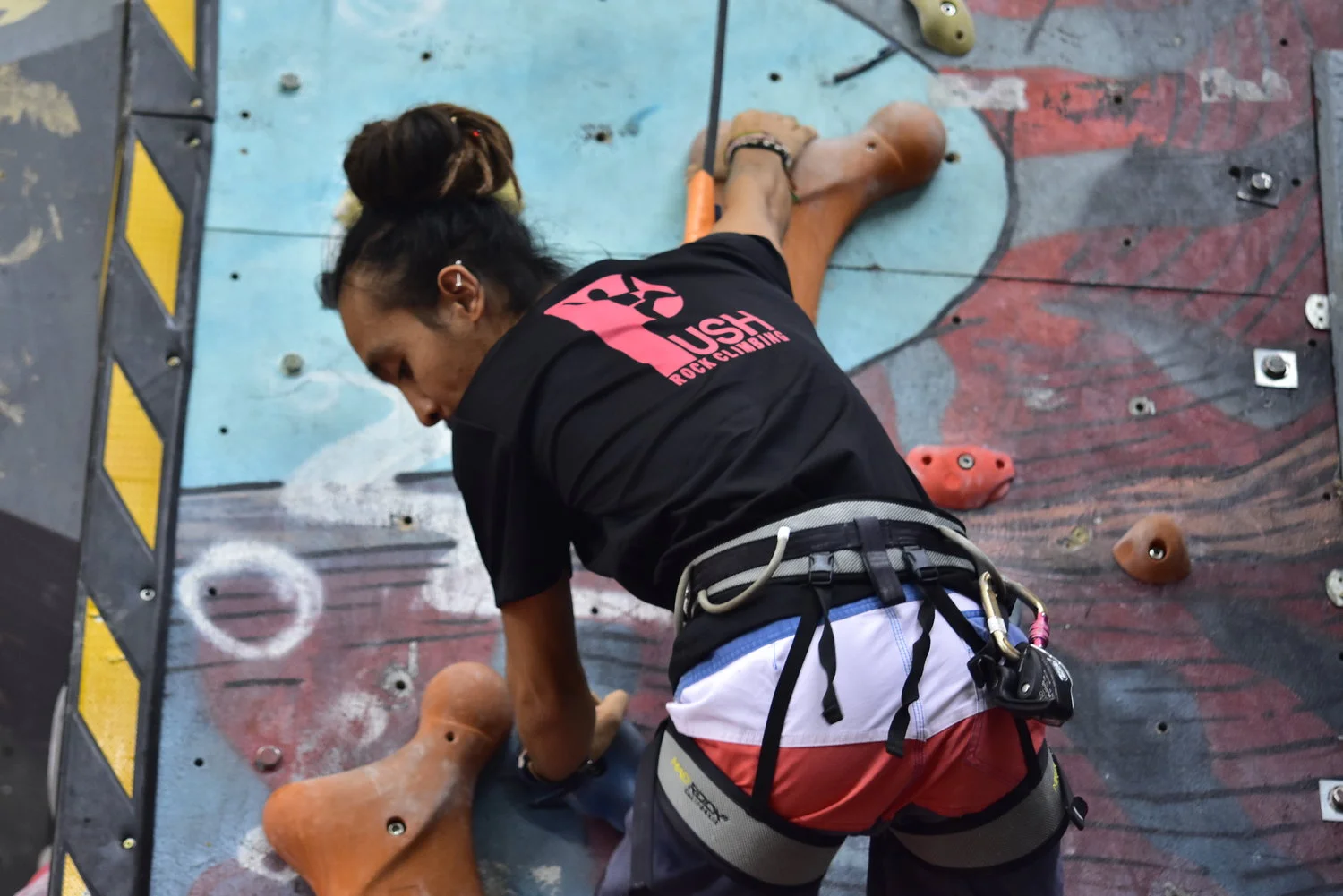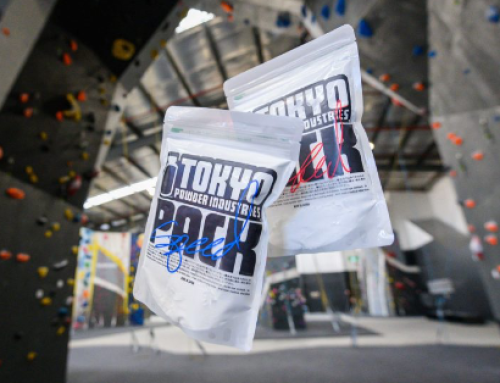Chalk from Saigon Climbing Industries (SCI) is one of the finest products available and you can feel the difference the moment you plunge your hand in the bag. Little wonder then that for Push Climbing’s intrepid team of instructors it sets the benchmark that other chalks are judged by.
MM. YES. STICKINESS
There’s no shortage of gear you can buy for climbing but almost all of it is about safety or fashion. Of all the The typical human specimen subjected to Saigon weather has just two modes: sweaty and sweatier.
So it’s crucial that climbing chalk perform well with moisture. The finer the texture, the grippier it grabs.
Chalk from Saigon Climbing Industries (SCI) is one of the finest products available and you can feel the difference the moment you plunge your hand in the bag. Little wonder then that for Push Climbing’s intrepid team of instructors it sets the benchmark that other chalks are judged by.
FRANKLIN APPROVED
Push Climbing Instructor and competitive climber Franklin Marlon Buenafe takes a moment away from the wall to rave about the chalk. “I’ve been using it for four years. It’s the purest finest chalk I’ve ever used.”
“Some chalks are like a fine sand but this is like a baby powder, and I can put on more chalk without wasting it. It also doesn’t give me any skin problems even with a lot of use.”
That’s high praise indeed from Franklin who is the first to admit that for all his laid-back personal style: “when it comes to climbing equipment I’m sooo picky”.
SCI chalk is what you’ll find in Franklin’s chalk bag on the bouldering wall, where he opts for the loose powder format. “I use a dust ball with a three inch size and put that in my chalk bag with the loose Saigon Climbing Industries powder. It helps keep my hands dry all the time and I find it lasts to the end of the day when I’m bouldering both indoors and outdoors.”
HOT HAND
If you’ve just been shown the ropes (the ones that you use to the get to the top of the wall, that is) then the name Saigon Climbing Industries is unlikely to be familiar to you.
Its branding may not be up there with the big boys of the industry, its quality is directly comparable to their. Instructor Jun Vidal explains that the powder “includes drying agents, a kind of resin which means it actually feels hot on my hands and that’s a clue to the kind of friction you get with it.” That friction makes the SCI Jun’s go-to chalk for bouldering and competition.
“I really like it on slopers and technical climbs for the grip.”
Like Franklin, Jun is happy to spread the SCI word.
“I came across it in a shop and bought a kilo about six months ago. I’ve been using it ever since and started buying it for my daughter who loves it for her competitions.”
Jun opts for the loose powder but like Franklin uses it with a dust ball. “I use the ball because it helps ensure the minimum chalk per application and that’s important when you’re training when you don’t want to rely too much on the chalk as you build your finger strength.”
Push Instructor Vy Hoang is also a confirmed SCI chalk user, although one that mostly prefers to let her climbing do the talking. “SCI chalk. Hmm.Yes. Stickiness.”
GREAT PERFORMANCE, FAIR PRICE
Chalk is of course a personal thing and different skin types come into play in your choice but it’s very clear from talking to the team at Push that Saigon Climbing Industries chalk is their clear number one for bouldering and technical work. It offers the fineness you’d expect from better known brands at a price that may surprise you.
Pros: It’s a very finely-textured chalk with a good blend of ingredients for maximum friction which also means you can be economical with your application.
Cons: It can be hard to get a thick application when you really need one. Come rainy season when it’s super wet even by Saigon standards it’s noticeable that some instructors choose to fill their chalk bags with a slightly cheaper chalk, especially for top rope work.






